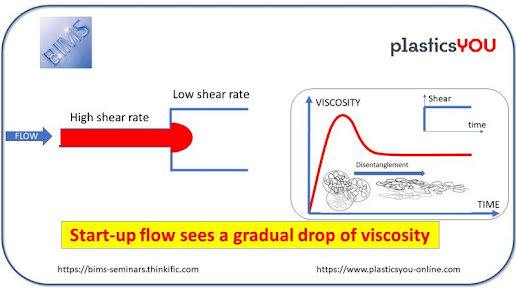JRC Scrutinizes Baby Bottles Made other than Polycarbonate Plastics
Recently, a ban has entered into force prohibiting the manufacture in the European Union of baby bottles containing Bisphenol A (BPA), an organic molecule used to produce polycarbonate plastics. From June 1st, the ban will also cover the placing on the market and import into the EU of baby bottles containing BPA. Meanwhile, the industry is voluntarily withdrawing from the market baby bottles containing BPA and replacing them with safer products.
As part of its activities to support the Commission in the discussion that lead to this ban, the JRC-IHCP launched a large screening study on baby bottles made of materials other than polycarbonate. The scope was to assess the nature of materials, chemicals, and potential release of substances.
Close to 300 baby bottles from most EU countries were analysed. The work included testing for chemical migration and the development of methods for the determination of chemical migrants. The results of this study, which are going to be available later this year, will provide risk managers with trends of evolution of the market and information based on sound experimental data.
About Joint Research Centre
The Joint Research Centre is the scientific and technical arm of the European Commission. It is providing the scientific advice and technical know-how to support a wide range of EU policies. Its status as a Commission service, which guarantees independence from private or national interests, is crucial for pursuing its mission. The JRC has seven scientific institutes, located at five different sites in Belgium, Germany, Italy, the Netherlands and Spain, with a wide range of laboratories and unique research facilities. Through numerous collaborations, access to many facilities is granted to scientists from partner organisations.


Comments
Post a Comment